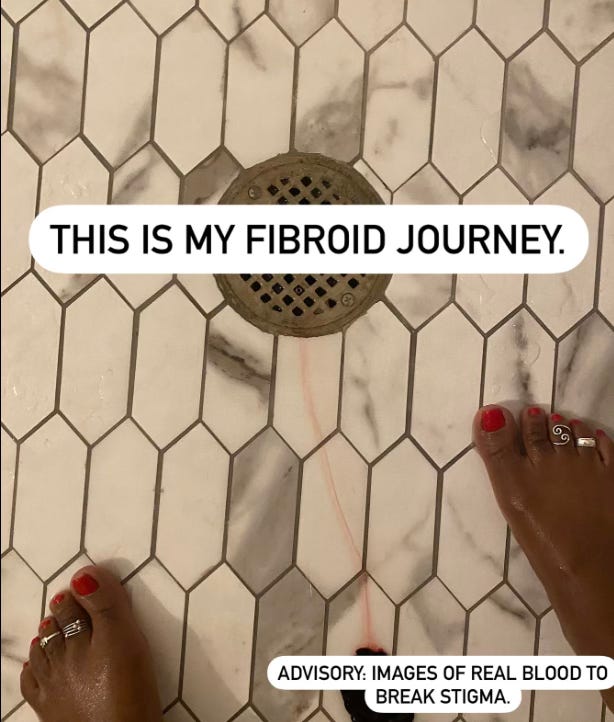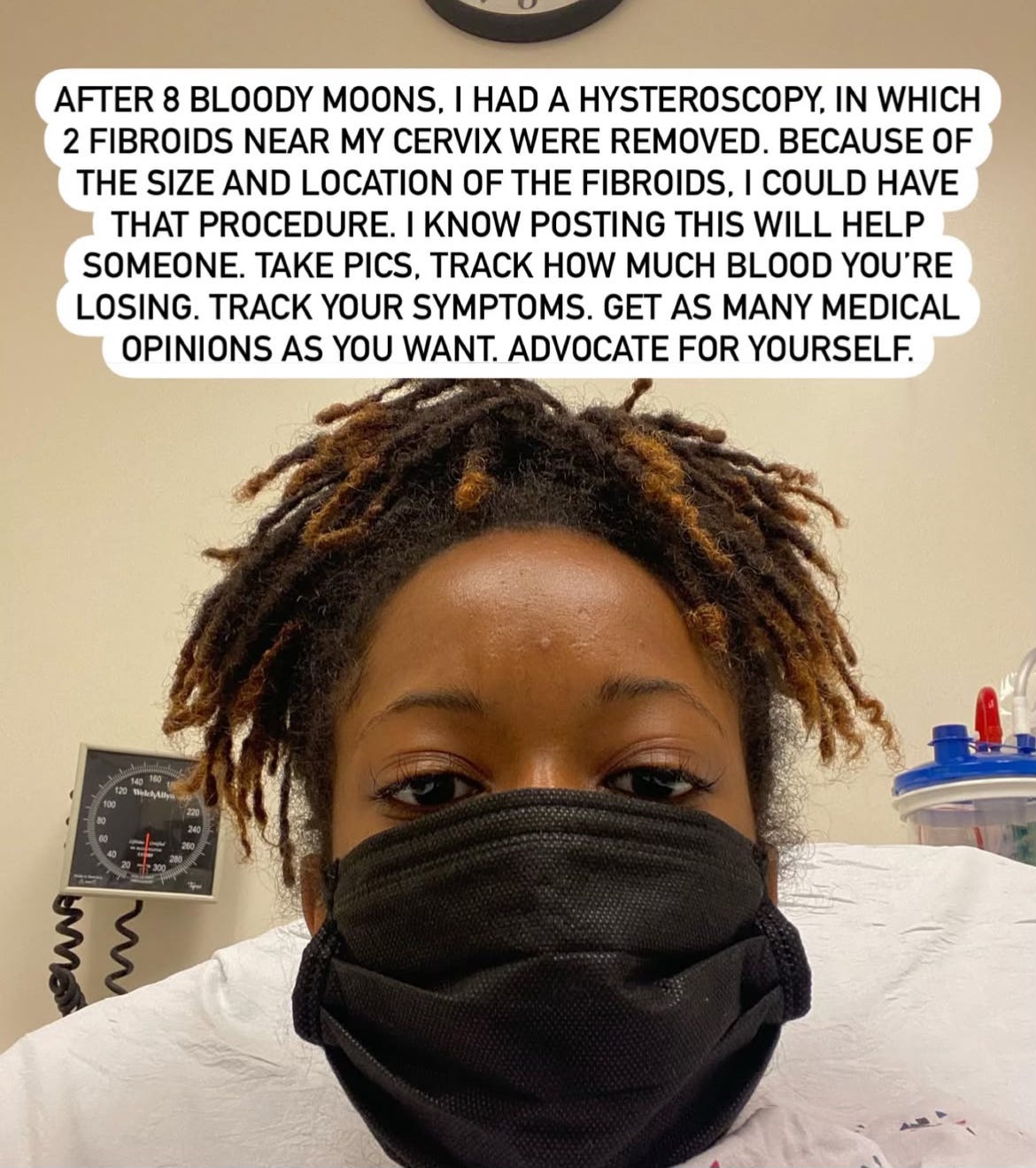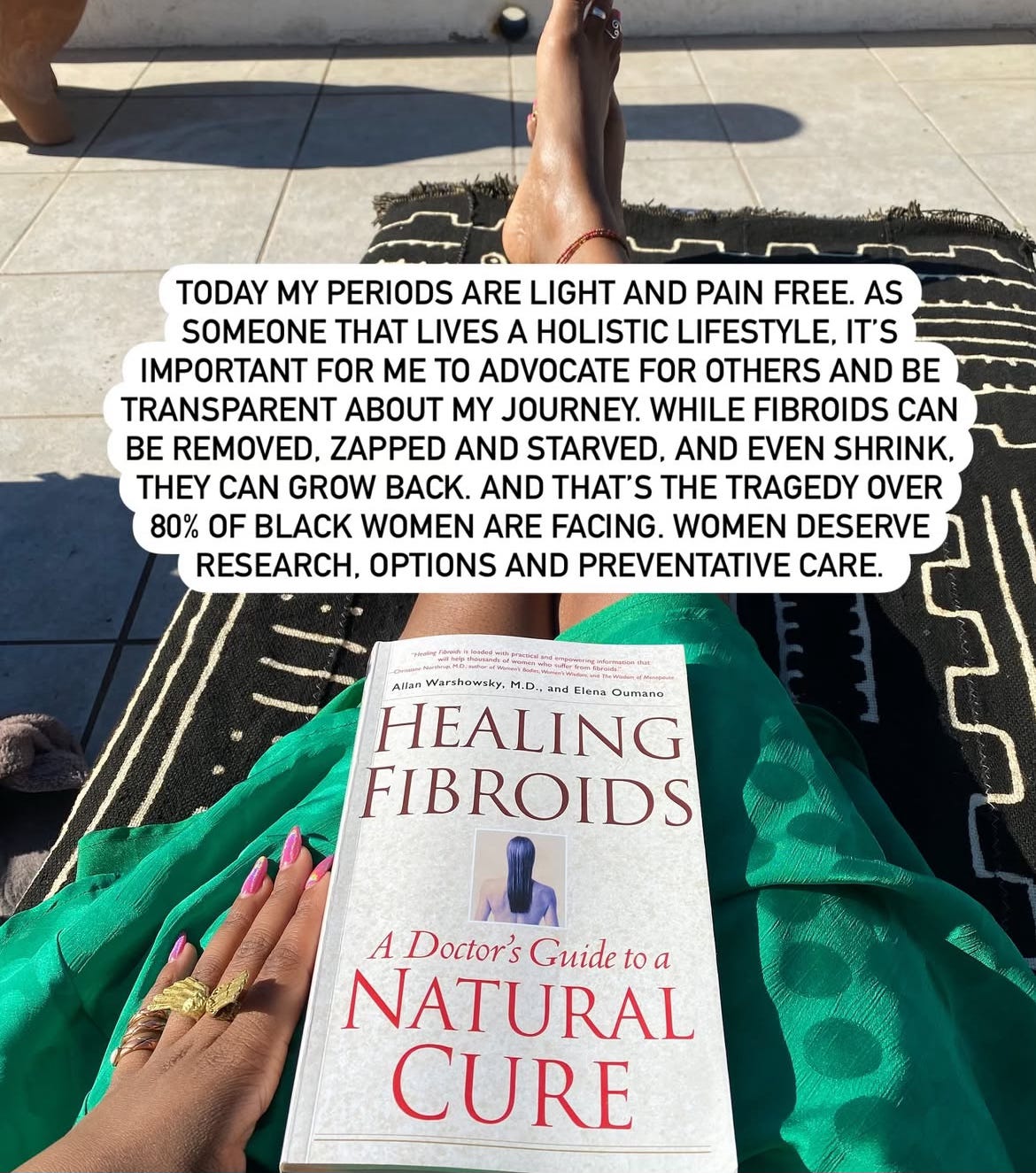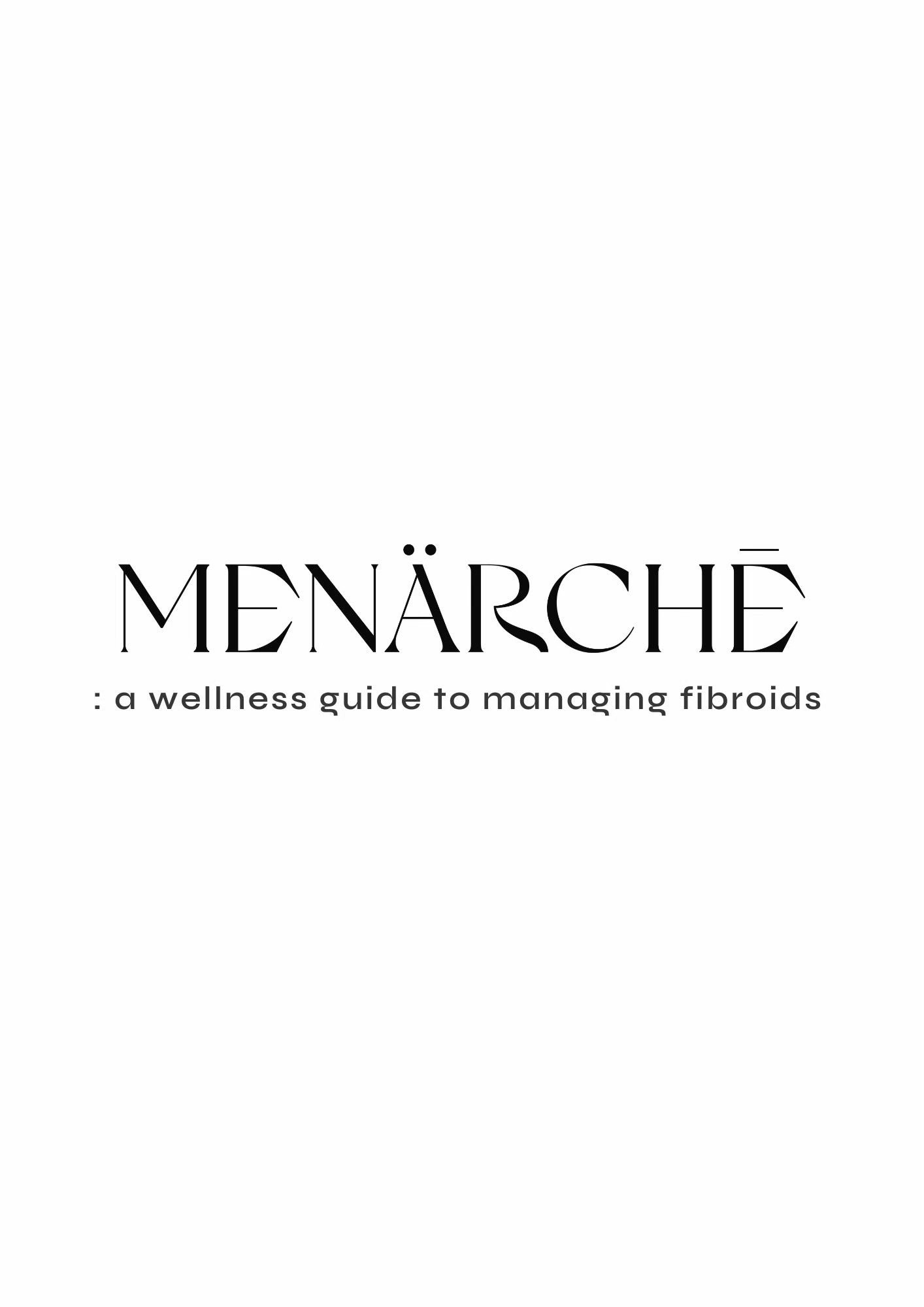This is My Fibroid Journey.
Pain-free and Advocating for Others Four Years Later.
Let’s talk fibroids, y’all. The kind that interrupt your life, hijack your daily life, and make you think unbearable pain is just something you have to deal with. Spoiler alert: it’s not. The kind that sneak into your uterus and take over—bringing sharp pain, heavy bleeding, bloating, and a whole lot of suffering that too many of us are told to normalize. If you’ve ever been told “that’s just your period” while your body was screaming otherwise… I see you.
I had my first hysteroscopy in May 2021, and my second in December 2022. Both were successful procedures that removed two fibroids. Today, my periods are pain-free and under 6 days long. It may not sound like much to some, but if you’ve lived through fibroid pain, you know that’s nothing short of freedom. That’s a major shift from what I used to endure. Before this? My cycle was controlling me — my energy, my plans, my peace. I’m sharing this because I want more of us to know what’s possible when we speak up, get answers, and demand care that actually cares.
For too long, we’ve been taught to normalize pain, to call it “just cramps,” to push through. Especially Black women—we’re often misdiagnosed or ignored. But fibroids are real, common, and treatable.
If you’re dealing with heavy bleeding, pelvic pain, or just feel like something’s not right—please know you have options. The hysteroscopy procedure changed my life, and I continue sharing my story each year because I want change and better care for all of you that may be suffering with uterine fibroids. Your suffering shouldn’t be happening, it shouldn’t be dismissed or normalized. That’s what I believe.
If you’re living with fibroids or think you might be—please know you’re not alone. You’re not broken. And you absolutely deserve to feel better. You deserve relief right now. You deserve answers. You deserve to feel good in your body.
Have questions about fibroids or how to advocate for yourself? Hit reply or slide into my DMs. Let’s not keep this info to ourselves. If this resonates, share it with someone who needs to hear it. Or drop a comment and let me know your story. This is a space for us.
Let’s break the silence. Let’s talk options. Let’s heal—on our own terms.
1. “How is this impacting my daily life, and what symptoms have I been normalizing?”
Reflect on how your cycle affects your energy, mood, work, relationships, and self-esteem. Heavy bleeding, bloating, pelvic pain, or frequent urination aren’t just “part of being a woman”—they’re signs that deserve attention.
2. “What do I want from my care: symptom relief, fertility preservation, long-term healing—or all three?”
Understanding your personal goals helps guide the best treatment plan, whether that’s surgery, hormonal management, holistic care, or a combo. Your body, your priorities.
3. “Am I asking the right questions—and getting answers I feel good about—from my healthcare provider?”
A second opinion is valid. So is switching doctors if you’re not feeling heard. You deserve a provider who listens, explains your options (including hysteroscopy, myomectomy, or non-surgical alternatives), and respects your values.
Fibroids Are a Justice Issue — and Lupita Gets It!
Earlier this month, Lupita Nyong’o shared her own fibroid journey in a powerful op-ed, calling attention to just how common this condition is—especially among Black women. Up to 80% of us will develop fibroids by age 50. Yet we’re rarely believed, barely researched, and often given “last resort” treatments as the first line of defense.
I no longer want to remain silent.” “That’s why I’m sharing my personal story for the first time—so we can invest in this research and find early detection and treatment and solutions.”
Lupita took it a step further. She recently joined forces with Black women in Congress and leading advocates to introduce a federal fibroid bill package—aimed at securing funding for research, improving treatment options, and making care more accessible. That’s historic. And necessary.
Because the truth is:
Fibroids disproportionately impact Black women. Over 80% of us are diagnosed with uterine fibroids by the age of 50. An 11 year old child was recently diagnosed with fibroids, although she had NOT had her first menstrual cycle.
We’re more likely to be offered hysterectomies instead of less invasive treatments, like a hysterscopy or UFE (Uterine Fibroid Embolization).
There’s still not enough federal funding for research into causes, prevention, or holistic care.
This is about health. It’s about equity. It’s about bodily autonomy.
Links for Your Knowledge:
Lupita Nyong’o Shares Her Fibroids Story
Congresswoman Yvette D. Clarke Introduces Uterine Health Legislative Package
Congresswoman Brown Introduces U-FIGHT Act to Fund Research on Uterine Fibroids, as Part of Uterine Health Initiative 










I had the embolization procedure when it was first available ['97] was good 2 go for many years however I began having severe lower pelvic pain [gravity] recently and was scheduled again for the procedure.
Procedure did not happen for a reason I don't quite Understand and I'm left with severe chronic pelvic pain.
Are there any 'new' pain medications available as my doc had me on Tramadol which sometimes worked sometimes didn't.
The severe pelvic pain is draining my energy and my Spirit I need relief.
ttps://peecee13.substack.com/publish/posts/detail/159162589?referrer=%2Fpublish%2Fposts